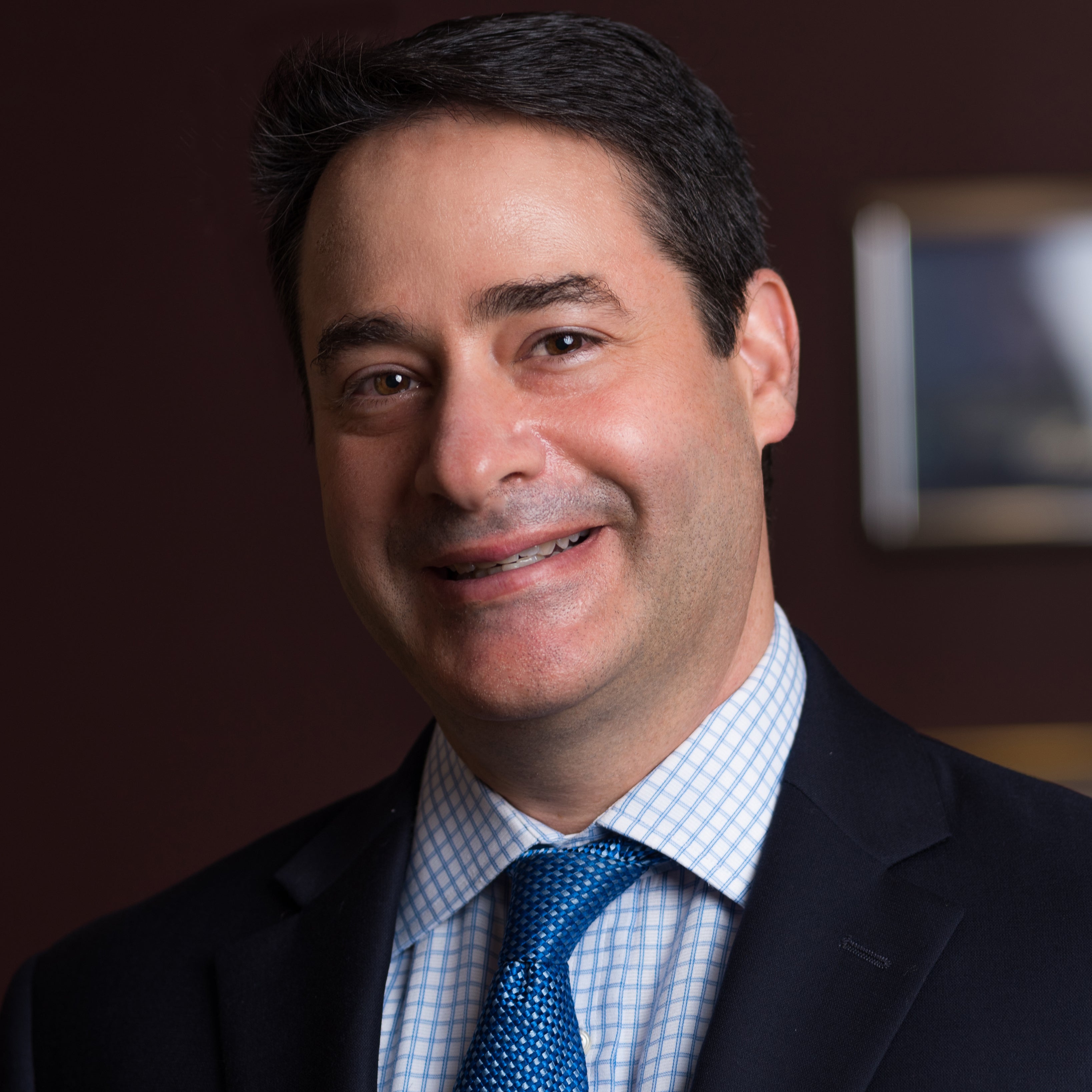April 13, 2020 — Miami, Florida
This piece originally appeared in the Miami Herald.
The novel coronavirus has cast a long shadow of uncertainty and fear, challenging our society in unprecedented ways. Our individual and collective sense of safety and security has been severely challenged.
Unfortunately, COVID-19 is not the only deadly virus we must confront. Hateful ideologies based on bigotry, scapegoating and xenophobia have flourished and led to deadly attacks against minority communities in the United States and around the world. The perpetrators of the horrific shootings in churches, synagogues and mosques in Charleston, Pittsburgh, Poway and New Zealand, against worshipers at prayer, be they Christian, Sikh, Jewish, Muslim or otherwise, have occurred too frequently, with devastating consequences for congregations and wider communities.
According to the U.S. Justice Department’s Bureau of Justice Statistics, Americans experience an average of 250,000 hate crimes each year. However, most are not reported to the police, a stunning fact within the annual FBI Hate Crimes Statistics report. About 87 percent of local law enforcement agencies across the country that send data to the FBI reported zero hate crimes in their jurisdictions during 2018, the last year such data is available.
The latest FBI report, released in November, showed 7,120 hate crime incidents in 2018, down slightly from the 7,175 incidents reported in 2017. Jews are the victims of a majority of religion-based hate crimes, though they make up less than 2 percent of the U.S. population.
One of the key challenges in fighting hate crimes is that they often go unreported because of a lack of knowledge regarding reportage and a mistrust of law enforcement and its willingness to take their claims seriously.
Notably, more than 90 percent of Florida law-enforcement agencies told the FBI that no hate crimes occurred in their districts or ignored the request. The FBI reported 141 hate crime incidents in Florida. In a separate report, the Florida Attorney General’s office recorded 168 hate crimes statewide in 2018. In comparison, states with much smaller populations than Florida recorded more hate crime incidents. New Jersey, for example, had 561.
Many state and local law-enforcement officials throughout Florida have demonstrated solidarity with Jewish and other vulnerable communities by working closely with us and publicly condemning all antisemitic hate crimes. In doing so, they are creating and fostering bonds with leaders in these communities and setting a tone for a societal response that discredits, rejects and marginalizes antisemitism and other forms of intolerance or discrimination. However, that we do not accurately know where and how frequently hate crimes are committed makes it hard to combat them effectively.
The Jabara-Heyer NO HATE Act, currently under consideration in Congress, would begin to address the data collection inadequacies. It would incentivize state and local law-enforcement authorities to improve hate-crime reporting by applying for grants managed through the U.S. Department of Justice. The grants, authorized from existing funds, will provide resources such as law-enforcement training, the creation of reporting hotlines, increased resources to connect with affected communities and public education forums on hate crimes.
In exchange for receiving grants, state and local governments would be obligated to provide information on hate crimes in their jurisdiction. If they fail to do so, they would be required to repay the grants in full. The bill also amends the penalties for hate crimes to allow courts to require offenders to undertake educational classes or community service directly related to the community harmed by offense as a condition of release.
These measures will allow law-enforcement agencies to assess and ultimately reduce bias-motivated crime across the United States.
Florida U.S. Reps. Ted Deutch and Vern Buchanan signed on early as cosponsors of this path-breaking legislation. For Florida, and the country, the rest of the state’s congressional delegation must do the same without hesitation.
Taking concrete action is critical to strengthening our country’s response to hate crimes by combating underreporting and faulty data. Just like fighting the coronavirus, we are all in this together.
Brian D. Siegal is director of the American Jewish Committee Miami and Broward office.



